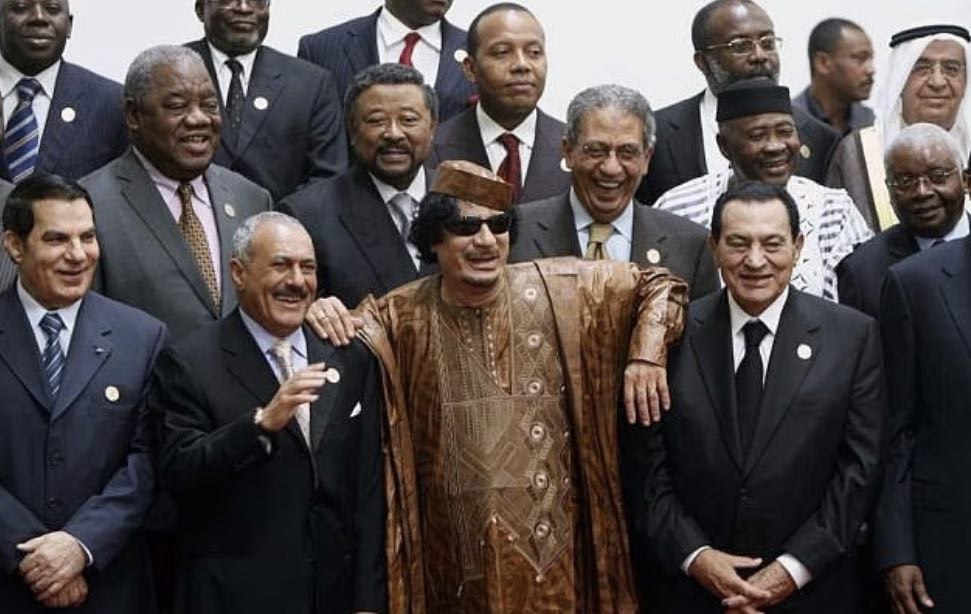The Achilles’ Heel of Governments
The Reasons for the Fall of Dictators
The Achilles’ heel of governments, according to Iran Gate, when examined realistically, reveals that if a government could be sustained through force and coercion, the current rulers would never have come to power. No government can endure in the long term based on force and tyranny; this is a clear historical principle and an undeniable reality.
The main factor in the decline of governments can be summarized in one phrase: the deepening and widening gap between the people and the government. A government endures as long as there isn’t a widening and deepening gap between itself and the people; otherwise, it is doomed to extinction. In this context, paying attention to these two words is very important: widening the gap and the depth of the gap.
Widening the gap refers to the multiplicity and diversity of areas of disagreement between the people and the government, which can be categorized in this section, such as economic, political, and social grounds. However, the depth of the gap refers to the extent and magnitude of each factor of the gap and how deeply each factor is rooted. It is based on the depth of the gap that one can discuss the potential for reform.
Governments must continuously analyze and thoroughly examine the reasons for the gap between themselves and the nation and have intelligent and pragmatic plans for each factor creating the gap to limit and repair the existing gap. This way, the cooperation of the people and the government increases, and the stability and authority of the government are ensured. In my opinion, the reasons for the gap between the nation and the government can be explored in the following areas:
1. The government’s inefficiency in improving the people’s living conditions and increasing economic pressure on the people, regardless of the false and unbelievable official statistics.
2. The failure to update governance methods and styles in a society that is constantly changing and evolving daily. One cannot govern the people of today and their contemporary tastes with old methods. A government that wants to remain stable must adapt to the current needs, feelings, and thoughts of the people.
3. The government’s continuous effort to align and accompany the people with its own dos and don’ts, where a kind of authoritarianism is evident in this governmental view. It is the government that must adapt to the people’s desires. Many governments have proclaimed democracy but have pursued and implemented governance in practice.
4. The government’s dogmatic behavior and some unnecessary insistences, as well as incorrect inflexibilities, lead to the government lagging behind the progressive thoughts of today’s young and adolescent generations, ultimately resulting in a gap between the government and today’s generation.
5. The disparity in the lifestyle of the children and officials within the government compared to the lifestyle of the people leads to the deepening and widening of the people’s disbelief in the government. Essentially, discrimination between the nation and individuals within the government causes the people to distrust the government and creates a gap between the people and the government.
6. The government’s inability to establish economic, social, and political justice and the existence of visible and hidden discriminations among the people, as well as among ethnicities, religions, sects, and genders.
7. The inability or lack of will in the government to establish good relations with the world and the disorder in the country’s and nation’s international position and status.
8. A closed social and cultural environment, censorship of some realities, lack of reflection of realities through official and national media and domestic media, lack of freedom of expression in writing or speech, filtering, and restricting and limiting cyberspace.
9. The difference in the general welfare level of the people compared to other countries, and the difference in per capita income and employment level, as well as support and insurance coverage.
10. Foreign intervention under seemingly humanitarian but in reality self-serving and coercive pretexts.
Ultimately, it can be said that a country can experience progress when its government adapts to the conditions and desires of its people and continuously plans and makes intelligent efforts to eliminate the gap between itself and the nation. Otherwise, both the government will be doomed to extinction, and the country’s progress will be unattainable.

